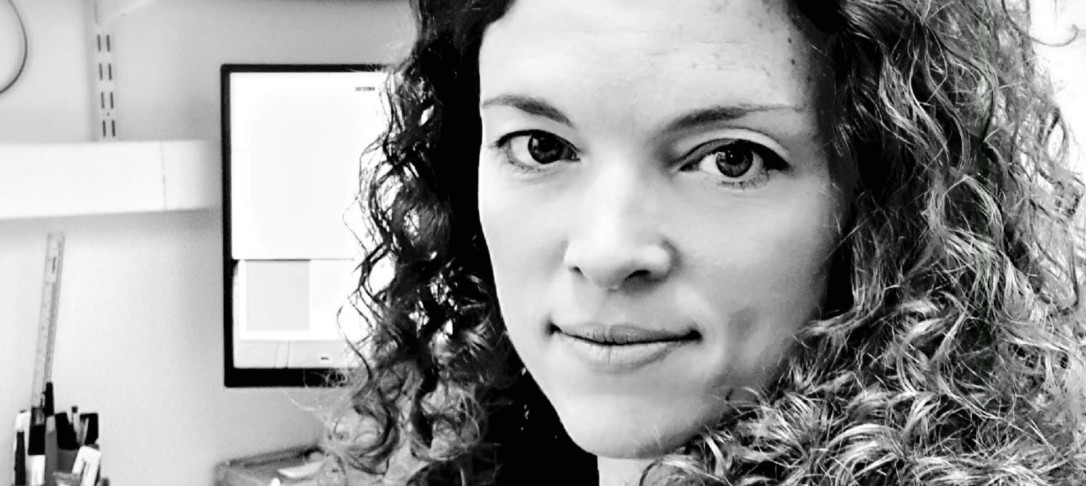
View the seminar recording here (Imperial College members only) or contact k.hobson@imperial.ac.uk to request access.
Centre for Neurotechnology seminar from Kerry Walker
Associate Professor of Neuroscience, Dept of Physiology, Anatomy & Genetics, University of Oxford
Hearing in an acoustically varied world
Abstract: In order for animals to thrive in their complex environments, their sensory systems must form representations of objects that are invariant to changes in some dimensions of their physical cues. For example, we can recognize a friend’s speech in a forest, a small office, and a cathedral, even though the sound reaching our ears will be very different in these three environments. I will discuss our recent experiments into how neurons in auditory cortex can form stable representations of sounds in this acoustically varied world. We began by using a normative computational model of hearing to examine how the brain may recognize a sound source across rooms with different levels of reverberation. The model predicted that reverberations can be removed from the original sound by delaying the inhibitory component of spectrotemporal receptive fields in the presence of stronger reverberation. Our electrophysiological recordings then confirmed that neurons in ferret auditory cortex apply this algorithm to adapt to different room sizes. Our results demonstrate that this neural process is dynamic and adaptive. These studies provide new insights into how we can recognize auditory objects even in highly reverberant environments, and direct further research questions about how reverb adaptation is implemented in the cortical circuit.
Bio: Kerry Walker completed her undergraduate studies in Psychology and Mathematics (Memorial University), an MSc in Neuroscience (Dalhousie University), and her DPhil in Physiology (University of Oxford). She worked as a Postdoctoral Researcher for Prof Andrew King in the Auditory Neuroscience Group for 3 years before starting her independent research lab as a DPAG Early Career Research Fellow. She is currently an Associate Professor of Neuroscience.
Her group’s research examines the brain processes that allow humans and other animals to understand sounds, particularly communication calls. It aims to identify the spiking events in auditory cortical neurons that form the brain’s representations of sound features, including: “pitch”, which is the sound’s tonal quality; the location of the sound source in space; the spectral characteristics we use to identify the sound source (e.g. a violin versus a piano); and the temporal properties of the sound, such as rhythm.
The Walker group uses range of techniques to understand neural processing across multiple levels of the auditory system. The precise spiking responses of neurons are measured extracellularly in anaesthetised and awake, behaving animals. The responses of large populations of neurons are visualized using in vivo 2-photon calcium imaging. Psychophysical studies are used to examine the listening capabilities of humans and animals. Finally, computational models of the auditory system are used to test hypotheses and make predictions about how we hear.
Kerry is a Research Associate of St. Catherine’s College, where she served as Director of Studies for Biomedical Sciences for 6 years. She provides lectures in Biomedical Science, Pre-Clinical Medicine, Human Sciences, and the MSc Neuroscience course. She serves as Associate Editor for the Journal of Neuroscience and Current Research in Neurobiology.
The seminar will take place via Microsoft Teams. Advance registration is required. A link and instructions on how to access the event are provided in your registration confirmation email and a reminder will be sent before the event.
The seminar/Q&A will run from 1200-1300 and there will be a further 30 mins for informal discussions with the speaker after the talk.
There is no need to download the Microsoft Teams app if accessing the seminar via desktop or laptop as you can join via a browser, however if using a mobile device, you will need to download the Teams app in advance.